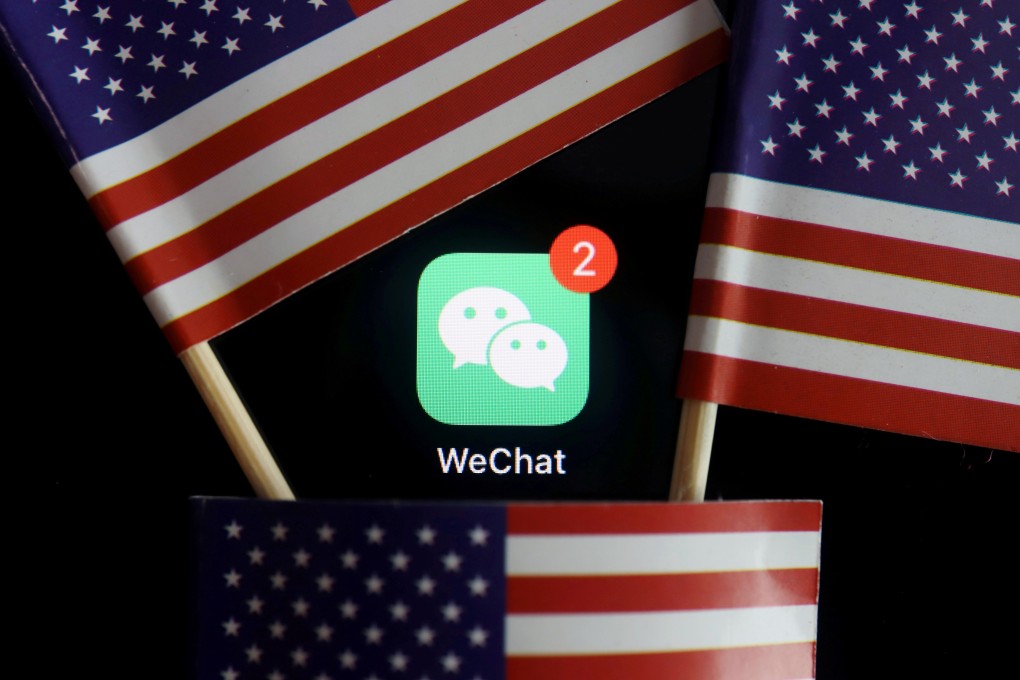What US users can expect after Donald Trump’s ban on WeChat was suspended
- With a preliminary injunction in place, people in the US can use WeChat as usual
- A California judge has blocked the Trump administration from imposing a US ban against Tencent’s super app

In her ruling dated Saturday in the US, Magistrate Judge Laurel Beeler of the US District Court for the Northern District of California granted a nationwide preliminary injunction against the government ban, which was to be enforced by the US Department of Commerce.
“Certainly the government’s overarching national-security interest is significant,” Beeler’s ruling said. “But on this record – while the government has established that China’s activities raise significant national security concerns – it has put in scant little evidence that its effective ban of WeChat for all US users addresses those concerns.”
The Commerce Department said on Monday it will challenge the court’s order, saying that the prohibition of identified transactions on WeChat is necessary to protect US national security, according to a Reuters report.
Here is what you need to know about what these developments mean and what could happen next.
